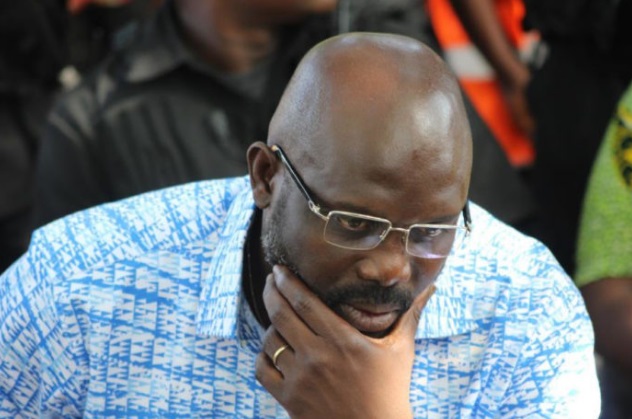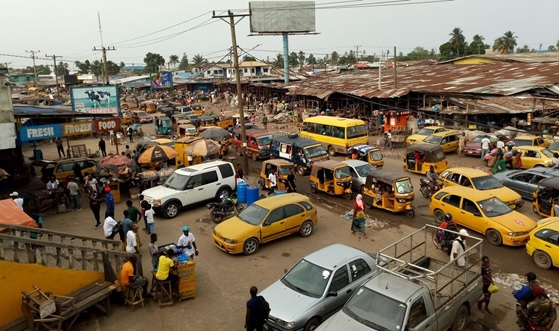By Nah P. Andrew
MONROVIA – Former soccer superstar George Weah captured the presidency of Liberia in 2018, garnering widespread acclaim as a symbol of hope and a harbinger of better days for the Liberian population. However, as his tenure progressed, the true nature of his leadership started to reveal a more somber complexion. While actively pursuing a second term as president, Liberia finds itself ensnared in the grip of poverty, leaving its citizens disillusioned and grappling with numerous challenges. Our Senior Staff Writer Reports.
Despite Weah’s initial vows to deliver economic prosperity and foster job opportunities, the reality has fallen short of expectations. The Liberian people, who had pinned their hopes on a brighter future, now face the harsh realities of a struggling economy. Poverty rates remain alarmingly high, and socio-economic disparities persist, casting a shadow over the nation’s progress.
Although Weah’s ascendancy to power was met with optimism, his administration’s policies and strategies have failed to effectively address the underlying issues plaguing Liberia. He introduced salary harmonization which cut the salaries of civil servants in an unimaginable faction. The lack of significant progress in crucial sectors such as education, healthcare, and infrastructure has left many feeling neglected and abandoned.
As the Liberian people prepare for another election cycle, the disappointment and disillusionment with Weah’s leadership have only deepened. The once-promised opportunities for advancement and prosperity have remained elusive for ordinary citizens, exacerbating their hardships and frustrations; thus making the Liberian leader to encounter hostiled reception on his campaign trail to woo Liberians for a second term.
It is imperative for Liberia’s next leader to prioritize the pressing challenges faced by the nation. The need for robust economic reforms, sustainable job creation, and the strengthening of social services cannot be overstated. Only through comprehensive and inclusive policies can Liberia begin to realize its potential and uplift its citizens from the grip of poverty.
Ultimately, the story of George Weah’s presidency serves as a cautionary tale, highlighting the importance of effective governance, transparency, and accountability. The Liberian people, having experienced the repercussions of unfulfilled promises, now yearn for a leader who can steer the nation towards a more prosperous and equitable future.







